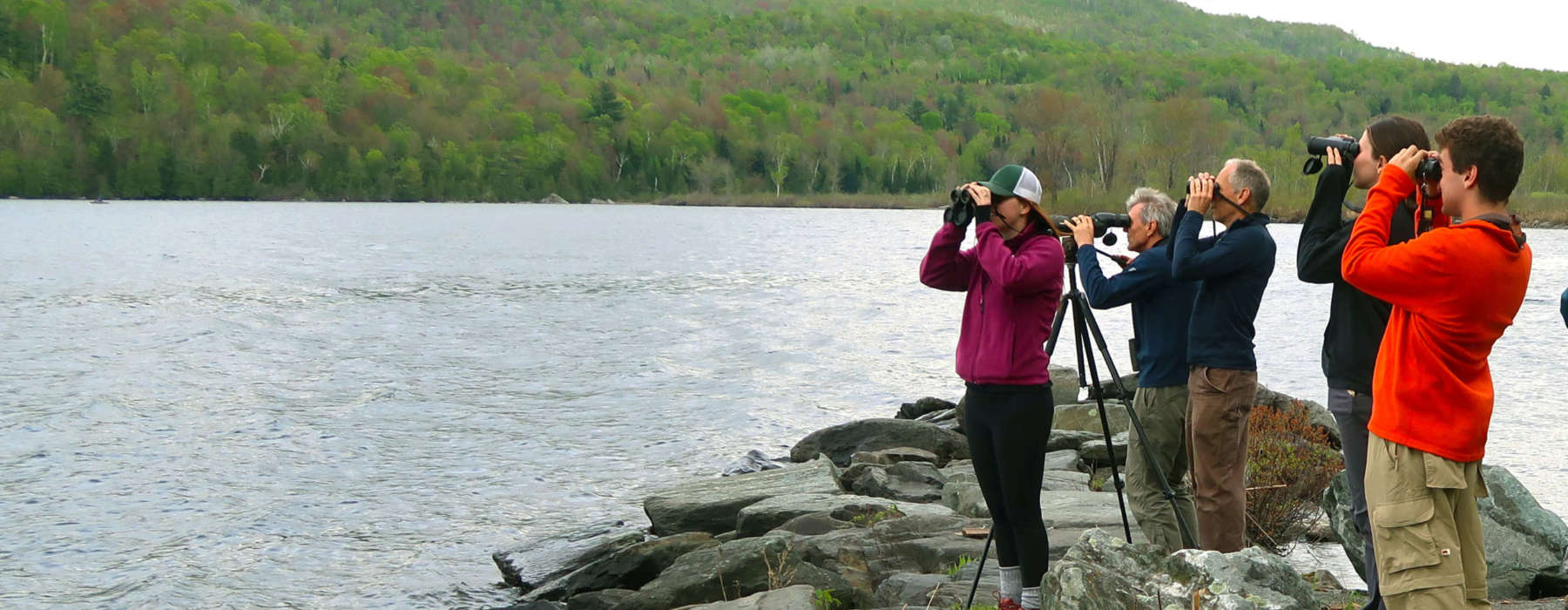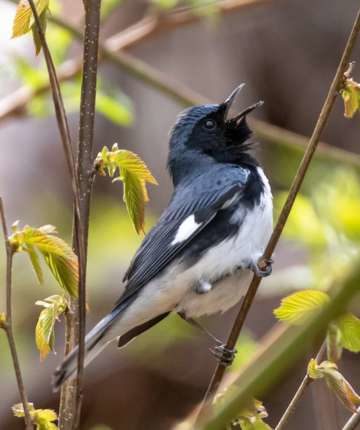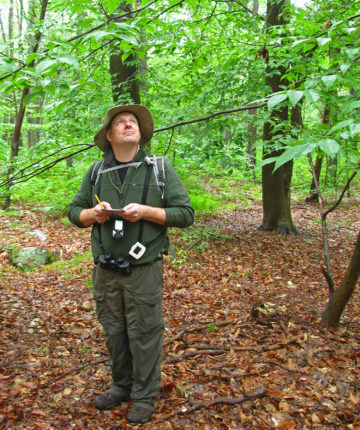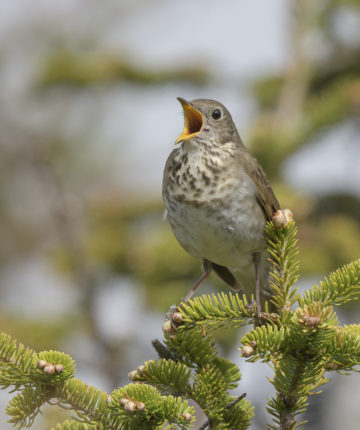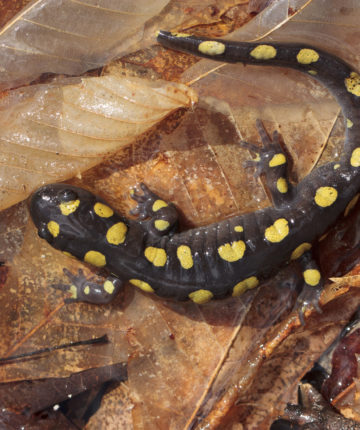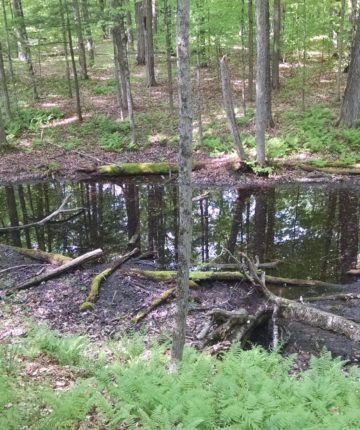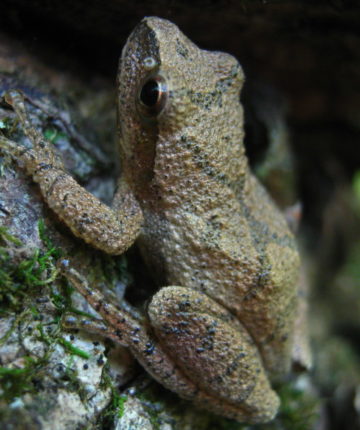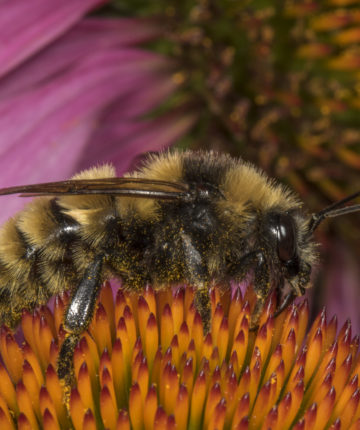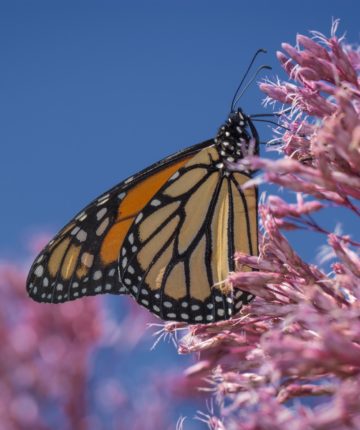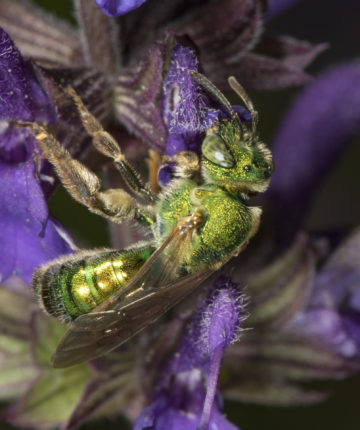Nature needs our help. If each of us took one small action to help vulnerable wildlife and the places they live, our combined efforts could result in tremendously positive impacts.
Here are selected actions–some simple, some requiring more effort–that you can take right now to help wildlife and wild places recover and thrive. Check back often, and please share this page widely! We will update it regularly as new resources and opportunities become available.
Take Action for Birds
- Make windows safer. Collisions with glass cause up to 1 billion avian deaths annually in the U.S. Many options exist to reduce collisions with existing windows, design bird-friendly buildings, and influence legislation. Visit American Bird Conservancy’s bird-strike prevent page for solutions you can implement right now.
- Turn off building lights at night. Ask your local elected officials and encourage your city’s property owners and building managers to join Audubon’s Lights Out program. Turning off architectural and window lighting in cities at night not only saves energy and money—it saves the lives of migratory birds that can become fatally disoriented by artificial lights. Learn more about Lights Out Vermont here.
- Keep cats indoors. The scientific data are undisputable: cats kill more than 2 billion birds annually in the U.S. Keeping cats indoors, or safely contained outdoors, results in a safer and healthier environment for cats, birds, and people. Check out American Bird Conservancy’s Cats Indoors Program for more information. And learn about alternative ways to keep your kitty sane and exercised while protecting birds, too!
- Reduce lawn and plant natives. Lawns are biological deserts. Leave unmanaged areas around your home, plant native species, and watch biodiversity flourish. Check out this New York Times article for more information. Two books by noted entomologist/conservationist Doug Tallamy are must-reads: Nature’s Best Hope (2020) and Bringing Nature Home (2009).
- Avoid pesticides. More than 1 billion pounds of pesticides are applied in the U. S. each year. The widely used insecticides called neonicotinoids or “neonics” are especially lethal to birds and the insects they consume. Eliminate pesticide use around your home and garden, and take the next step by asking your Senators and Representatives to ban ecosystem-destroying pesticides in your state. For more information, visit the American Bird Conservancy’s web page.
- Drink Bird Friendly coffee and shop for birds. Keep birds’ best interests in mind every time you visit the grocery store: choose Bird Friendly® coffee, and look for Audubon Vermont’s Bird-Friendly emblem in the maple syrup aisle. At VCE, we’re big fans of New-England-based Birds & Beans Coffee. This Smithsonian article provides more details on the myriad ecological values of shade-grown, Bird Friendly coffee. You can also purchase Federal Duck Stamps and Vermont Habitat Stamps to support nongame wildlife conservation each year.
- Go birding! Learn how to identify birds, record your sightings on Vermont eBird, share your passion—enjoy birds while contributing to both science and conservation. Become a VCE community scientist. Mobilize and inspire others to watch birds. Get youth involved. Support bird conservation groups like VCE and Audubon Vermont.
- Stay informed and take action. Pay attention to laws that affect avian welfare. Contact local officials, state and federal legislators, and speak out on behalf of birds. Urge measures that promote responsible civic action and legislation. Here are a couple of ways to get started:
- Ask your legislators to protect migratory birds and to increase federal funding for bird conservation programs
- Stay informed about legislation related to birds and wildlife through your state’s fish and wildlife department.
- Do your part to curb climate change. Our planet’s unabated warming puts all forms of life at risk. Take every action you can to minimize your own carbon footprint, and influence those around you to follow suit. Walk or ride a bike. Travel less. Turn the thermostat down. Use renewable energy. Reduce your consumption. There are many actions we all can—and must—take. Here are just a few. Advocate for a cooler climate!
Take Action for Amphibians and Vernal Pool Life
- Give ’em a hand. Each spring, millions of amphibians–Spotted Salamanders, Spring Peepers, Wood Frogs, and more–emerge from hibernation and make their annual migration to vernal pools and other water bodies in search of food and a mate. And each spring, millions of these helpless creatures are crushed as they cross roads along their journey. Help these small animals arrive at their destinations safely by giving them a hand across the road! Visit the Harris Center for Conservation Education’s Amphibian Crossing Brigade page to find a volunteer program near you.
- Protect pools. Do you have a vernal pool on a property you own or manage? You’ll find guidance for both forestry and development best-management practices for vernal pools on VCE’s Vernal Pool Conservation Resources web page. And if you live in Maine, check out this site. Landowners who implement land management practices and landscaping on their property that is advantageous to pool-dependent amphibians can receive the certifying VP Stewardship Award to display on their property.
Take Action for Pollinators
- Plant a pollinator garden. Replace a section of your lawn with some native plants–here and here are lists of pollinator-friendly native plant species for the Northeast. This handy infographic can give you some ideas about how to get started. If you’re feeling more ambitious, visit the Xerces Society website to learn how to establish a pollinator meadow! You can also support native “specialist bees” (bees that rely on a single host-plant species, genus, or family)–check out Cornell University’s Creating a Pollinator Garden for Native Specialist Bees for all the info you need to create specialist habitat in your yard.
- Avoid pesticides. What’s good for the birds is good for the bees, too. As mentioned above, the widely used insecticides called neonicotinoids or “neonics” are especially lethal to insects. Eliminate pesticide use around your home and garden, and take the next step by asking your Senators and Representatives to ban ecosystem-destroying pesticides in your state.
- Participate in community science projects, Help VCE document the status of poorly-understood pollinators through our Vermont Wild Bee Survey and eButterfly. Record your observations of pollinating insects (and others) on the Vermont Atlas of Life iNaturalist. Get involved with the Xerces Society, and learn about their Pollinator Conservation Resource Center.
